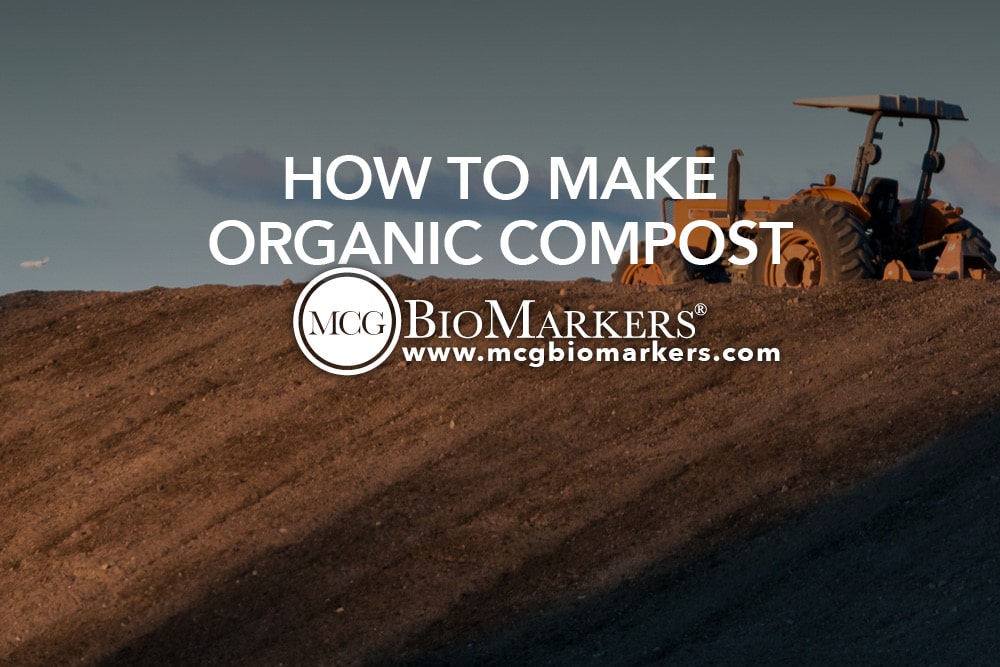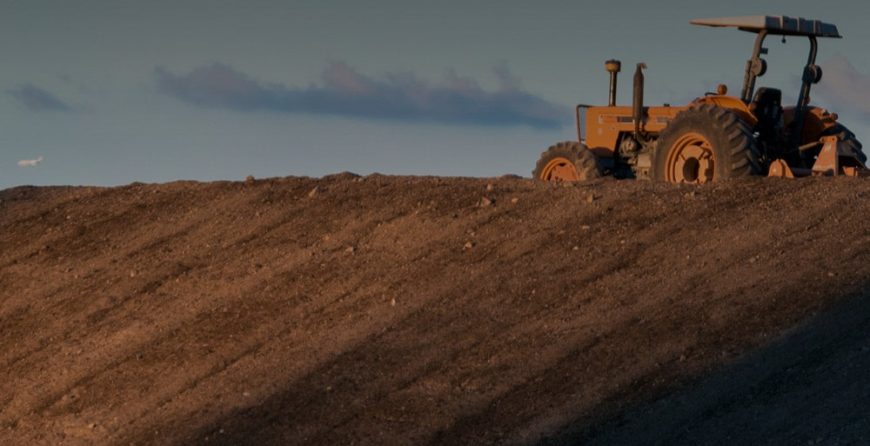 The most effective way to build fertile soil and create a more productive organic garden is to use compost. Some gardeners are intimidated by the idea of creating compost, especially if they’re aiming to stay organic.
The most effective way to build fertile soil and create a more productive organic garden is to use compost. Some gardeners are intimidated by the idea of creating compost, especially if they’re aiming to stay organic.
Composting seems complicated but it’s actually easy. When you break it down, composting is the act of guiding organic wastes through their natural decomposition processes. There’s really no way you can go wrong. The biggest challenge you’ll face is finding the proper amount of organic materials to sustain your garden.
Once you start composting, you’ll see that it’s worth the trouble because it will feed your soil and give your plants the nutrients they need to thrive. Compost also gives your soil what it needs to hold moisture better, saving you from making extra watering trips to the garden.
It’s clear that using compost in the garden is beneficial, but how do you get started? There are many methods out there, so to save you some time, we’ve put together a short guide for getting started.
Making organic compost
One of the most common composting methods is to put kitchen and garden waste in an outdoor compost pile and wait for it to rot. Many gardeners assume they need to go out and buy special activators, but you can skip that because every dead plant and bucket of food waste you add to the pile activates a new strain of the naturally occurring microbes that activate decomposition.
Materials such as coffee filters and old leftovers are unpleasant and tend to attract unwanted pests, so you can choose to first place your kitchen waste into an enclosed composter, or the chicken yard, before you add it to the weeds, spent crops, and other garden waste you’ve been collecting.
To avoid feeding unwanted animals, set up a system of different containers. Place your organic matter into one of the containers until it’s unrecognizable. Then, add it to your larger bin you use for yard waste. This will allow you to make pounds of compost that will stay nutrient rich for a long time.
The two-part composting system
Creating a two-phase composting system isn’t expensive. You can compost worms in a plastic storage bin or something as simple as an old garbage can with rusted-out holes. However, sometimes the purchase of a compost tumbler is warranted since it can keep away fire ants, raccoons, rats, and snakes.
Before you create your own compost bin, you might want to do some research to see if any of these critters recently set up shop near your property. The best way to avoid pest problems is to raise your compost off the ground and keep it in a secure container.
Quick tips for creating compost for fertilizer
- Use plant material that’s already dead for compost
- Avoid using meat and oily products because they take longer to decompose
- Leaves, fruit and veggie scraps, old plants, mulches, and weeds maintain moisture well
- If you use a lot of kitchen waste, be prepared to layer since veggie scraps turn slimy after a while
- Turning your compost pile speeds up decomposition
- Keep the compost pile moist but not drenched or soggy
- Add some shovelfuls of soil to your pile every now and then


